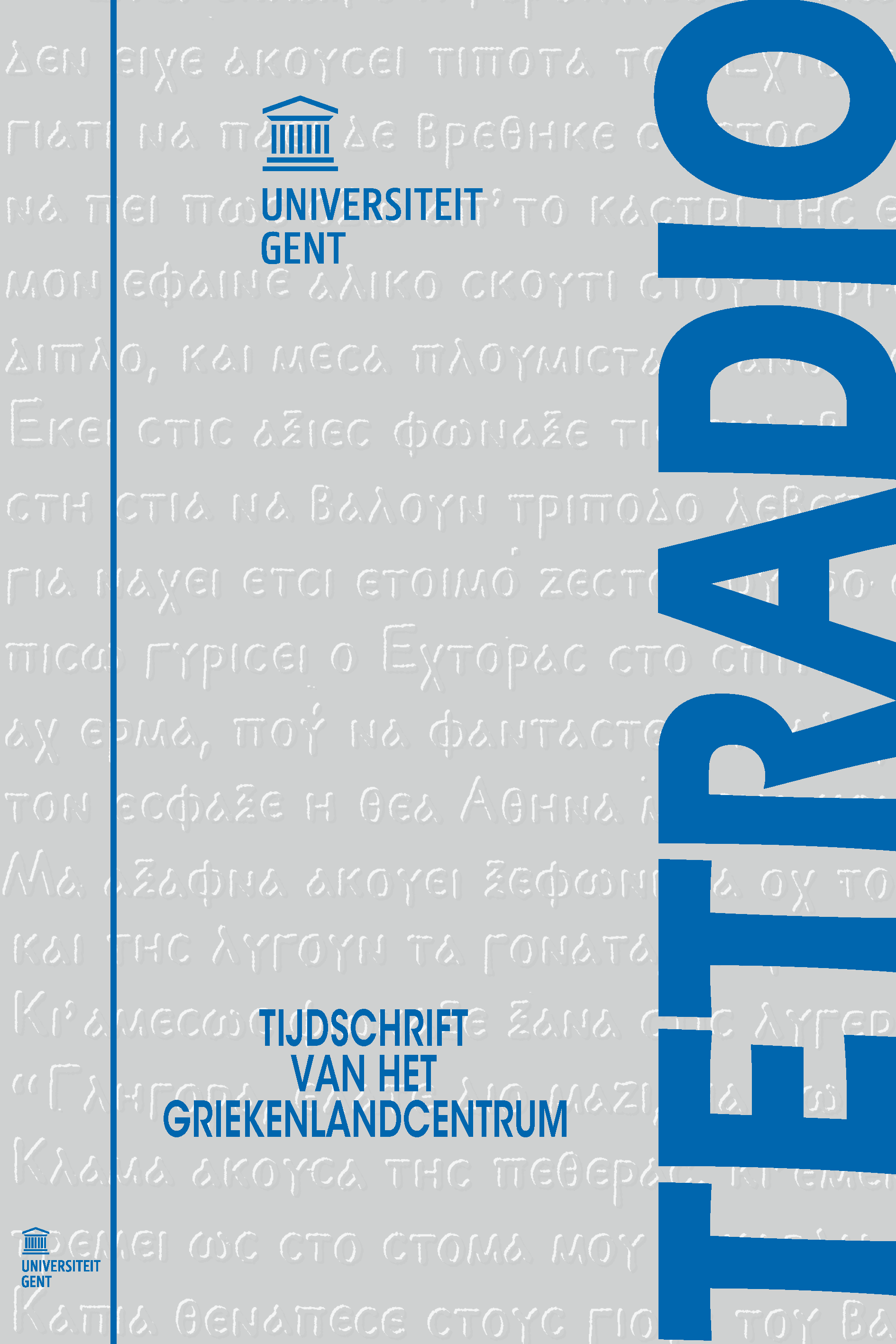Wachtend op de barbaren: Het Byzantijnse Rijk en de ander
Abstract
Byzantium presented itself as a universal empire, theoretically encompassing the whole inhabited world. In practice, throughout its existence, the empire had to come to terms with a rapidly transforming geopolitical reality. Thus, Byzantines came into contact with foreigners in many different contexts. The empire made war with them, conducted diplomacy with them, or attracted them into its cultural and religious sphere. This article discusses the contribution of two literary texts to the formation of discourses of ‘othering’. First, the panegyric/epic poems of George of Pisidia (7th century) are a fine example of the conventional and perpetual literary representation of the Eastern enemy (in this case the Sassanid Persians), going back to ancient examples of the Achaemenid Persians and showing connotations of luxuriousness, depravity, and deviousness. The second text discussed, the History of Michael Attaleiates (11th century) presents a first-hand account of the complex situation in Anatolia, where Norman mercenaries gotentangled with Byzantine imperial agents and Seljuk bands of raiders. The confrontation with Westerners and Easterners, both new to the scene, provided Attaleiates with an occasion to redefine the ‘Romanness’ of the medieval Byzantine empire. Thus, the ‘othering’ in Byzantine literary texts is first and foremost part of how the Byzantines defined themselves.
How to Cite:
Bernard, F., (2017) “Wachtend op de barbaren: Het Byzantijnse Rijk en de ander”, Tetradio 26(1): 3, 83–100. doi: https://doi.org/10.21825/tetradio.91863
Downloads:
Download PDF
View PDF

